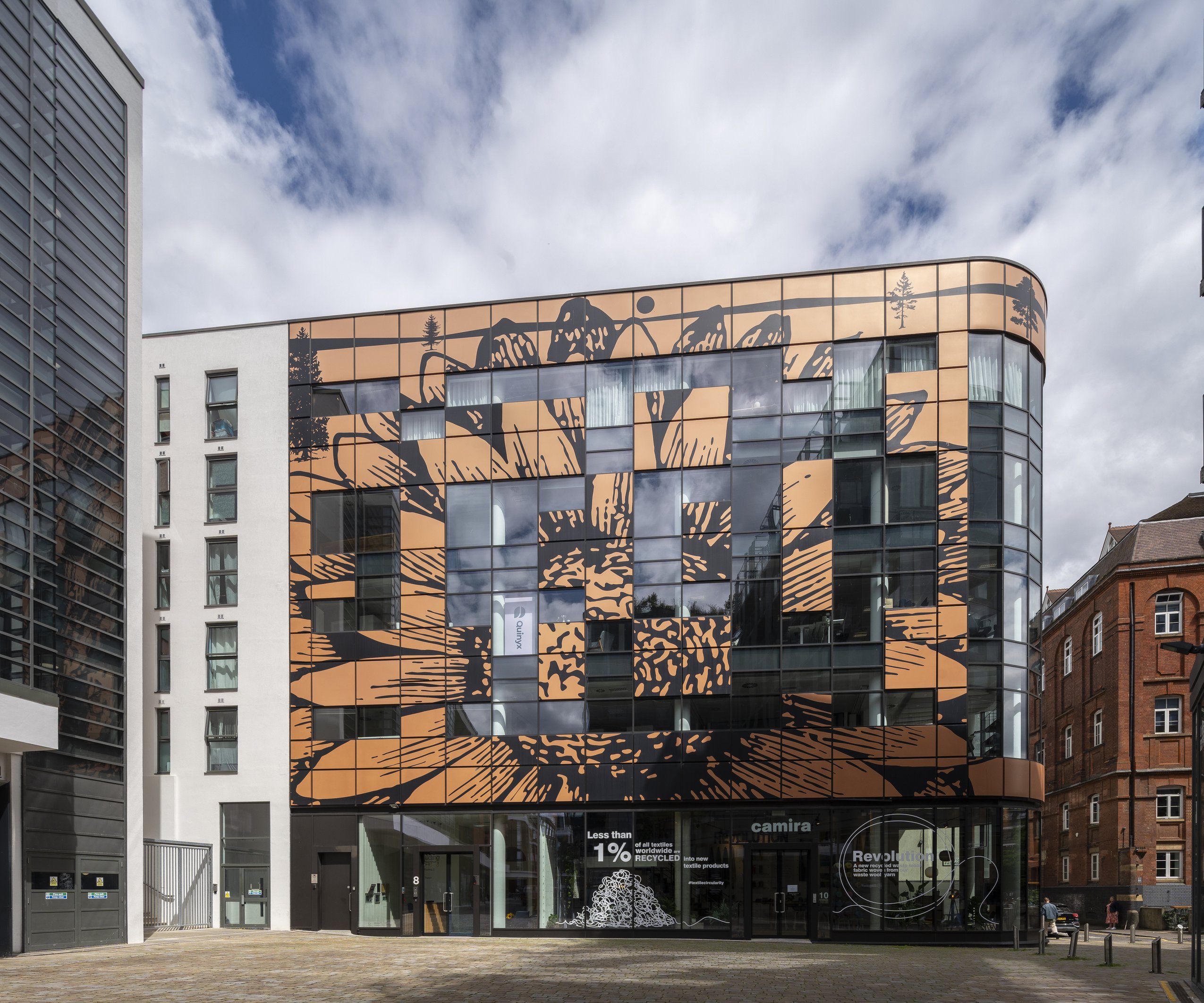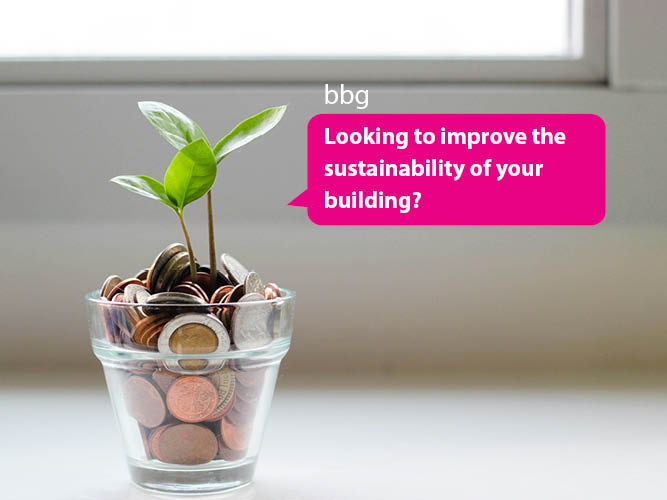
29th May 2025
We are delighted to report that the Poppy Building is now fully let. This confirms the ...
11th March 2025
The recent budget set out new and revised initiatives to encourage sustainable updates from commercial landlords, particularly through stricter energy efficiency and emissions regulations. These measures are aligned with the broader goal of achieving net-zero emissions by 2050 which London and the UK as a whole are committed to pursuing. For commercial landlords in the City of London, compliance with these regulations will likely require substantial investments in retrofitting buildings, enhancing energy efficiency as well as integrating sustainable technologies.
Here are some key facts on London property and construction that made us think yes!
A central component of developing environmental regulations is the requirement for commercial properties to meet higher Energy Performance Certificate (EPC) ratings. Under these plans, commercial landlords could face fines or penalties in the future if buildings fail to meet the specified EPC rating threshold. For many landlords, this will involve upgrades such as improved insulation, modernized heating, ventilation, and air conditioning (HVAC) systems, and energy-efficient lighting solutions. While these improvements entail upfront costs, they can also reduce energy consumption, resulting in vastly lower operating costs over time and ultimately raising the building’s appeal to eco-conscious tenants.
We are going to be keeping tabs on incentives, grants and subsidies to support landlords in adopting green technologies. Sign up to our Landlord mailing list HERE.
Electric vehicle charge points and infrastructure grants | Available till end of March 2025
Electric vehicle infrastructure grant for staff and fleets | Available till end of March 2025
Repair grants for heritage at risk | Available till end of March 2025
For instance, grants for installing renewable energy systems such as solar panels or ground-source heat pumps could help offset some of the capital expenditure required. These investments not only align with regulatory requirements but also enhance a building’s value by attracting tenants who prioritize sustainability in their corporate practices.
Moreover, the development in sustainability policies could make sustainable reporting and carbon reduction targets more central to commercial leasing practices. Prospective tenants may increasingly demand compliance with environmental standards, making “green leases” more prevalent. Green leases typically set out obligations for both landlords and tenants to reduce energy consumption and waste, encouraging a collaborative approach to sustainability.
While a development of environmental measures may introduce some financial and operational challenges for commercial landlords, they also present an opportunity. Buildings that lead in sustainability are likely to command higher rents and enjoy stronger occupancy rates as businesses increasingly seek eco-friendly premises. In this sense, Labour’s focus on sustainability is pushing the commercial real estate sector toward a future where energy-efficient and environmentally responsible buildings become the standard.
ReLondon – If you are interested in Circular Construction this page is jam packed full of helpful resources and contact information should you want to get involved in research projects. They contributed to the recent CIRCuIT study which focuses on creating regenerative cities.
